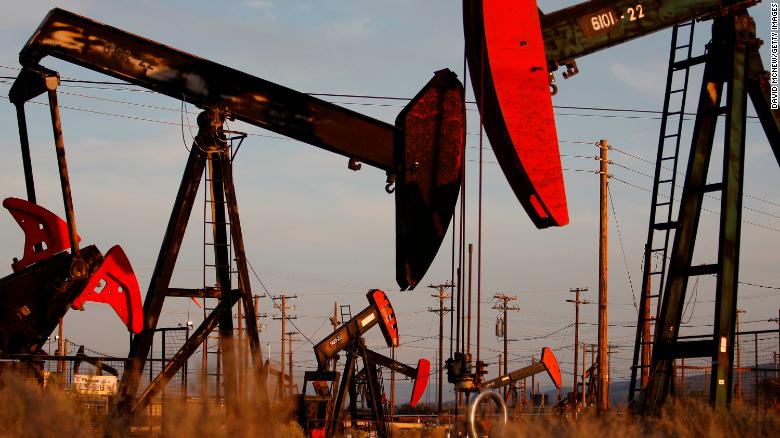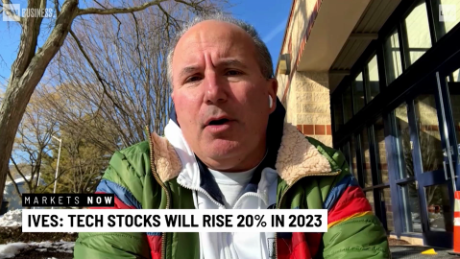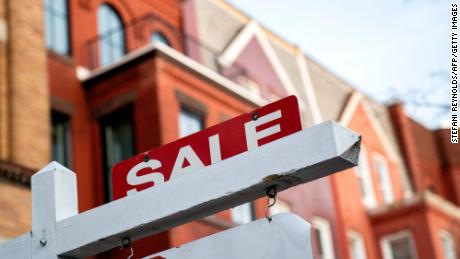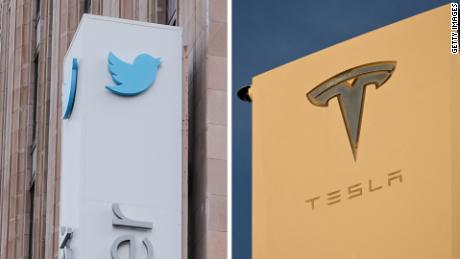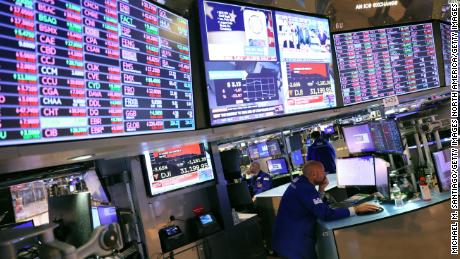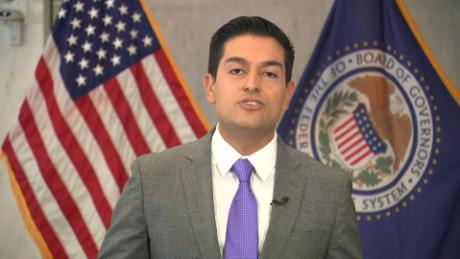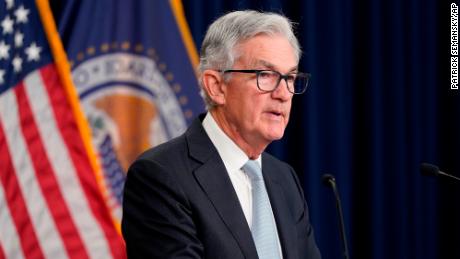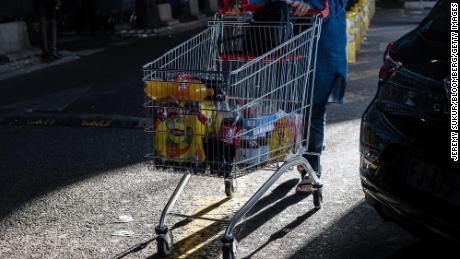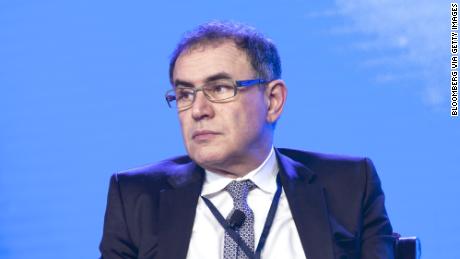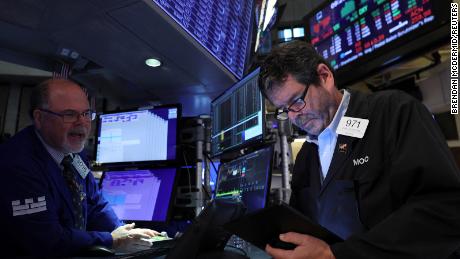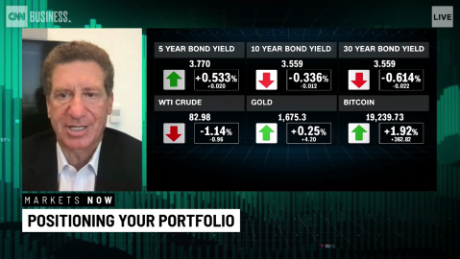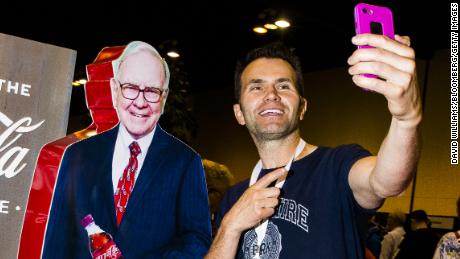New York (CNN Business)Occidental Petroleum's decision to enter a bidding war with Chevron is drawing fire from a leading shareholder.
T. Rowe Price (TROW), which owns about $1.2 billion of Occidental (OXY) stock, is concerned that the proposed takeover of Anadarko Petroleum will blow up the company's balance sheet and leave it vulnerable to the next crash in oil prices.
"We have grave concerns about what has been proposed," John Linehan, a portfolio manager at T. Rowe Price, told CNN Business on Wednesday. "We're worried about the financial leverage."
Those worries have not been eased by the fact that Occidental's bidding war has received a plum endorsement from Warren Buffett's Berkshire Hathaway (BRKA). The legendary investor pledged on Tuesday to invest $10 billion in Occidental to help finance the pricey takeover.
"The deal with Buffett is very expensive to Occidental and very generous to Berkshire," said Linehan, who previously told Barron's about his concerns.
T. Rowe Price owned 21.1 million shares of Occidental as of the end of 2018, according to Refinitiv. That amounts to a 2.8% stake and made the firm Occidental's sixth-biggest shareholder.
Occidental did not respond to a request for comment from CNN Business, but CEO Vicki Hollub said in a statement on Tuesday that the company is "thrilled" to have Berkshire's support.
Balance sheet concerns
Last week, Occidental launched a hostile takeover bid for Anadarko Petroleum (APC) in an effort to expand its position in the Permian Basin, the red-hot shale oilfield in West Texas. The Occidental offer is about 20% richer than the buyout deal Anadarko reached last month with Chevron. It would be one of the biggest oil-and-gas deals on record.
Anadarko announced on Monday that it will enter formal merger talks with Occidental.
The bidding war pits Occidental against a well-heeled rival. Valued at nearly $229 billion, Chevron (CVX) is five times larger than Occidental. Chevron also has more than twice as much cash on its balance sheet and access to cheaper financing.
The size of the Anadarko offer raised concerns among some analysts that Occidental could be biting off more than it can chew. Occidental has said it would "rapidly deleverage" by selling off up to $15 billion of assets within two years.
But Linehan warned that there's no guarantee Occidental will be able to quickly unload businesses, especially in the notoriously boom-to-bust oil industry. While oil prices have surged in 2019, they suddenly plunged into a bear market last fall. And just three years ago, dozens of oil companies went bankrupt as US oil crashed to $26 a barrel.
"We think a strong balance sheet is essential to navigate potential downturns that occur in commodities and cyclical businesses like this," Linehan said.
Will Occidental investors get to vote?
Linehan also pointed to the execution risk that comes from a sprawling deal like the Anadarko one. The takeover would push Occidental into new geographies like Mozambique, where Anadarko has a liquefied natural gas project. And it would expand Occidental's business portfolio into offshore drilling via Anadarko's Gulf of Mexico assets.
Three of Occidental's top shareholders ŌĆö Vanguard, BlackRock (BLK) and mutual fund manager Dodge & Cox ŌĆö all declined to comment on the Anadarko takeover attempt.
T. Rowe Price expressed concern that the Buffett deal will prevent a shareholder vote by Occidental shareholders on an Anadarko transaction.
Occidental's cash-and-stock offer calls for the company to issue large amounts of stock, triggering New York Stock Exchange rules that require shareholder approval when at least 20% of outstanding stock is issued.
However, the fact that Berkshire will be granted 100,000 shares of preferred stock could allow Occidental to avoid triggering those rules.
"We're worried there won't be a vote," Linehan said.
Under the terms of the Berkshire Hathaway deal, the preferred stock would pay a sizable dividend of 8% a year.
Analysts had been anticipating Occidental would borrow the money, at a cost of about 4% or 5%. Berkshire would also get warrants to purchase up to 80 million shares of common stock.
"It's fairly punitive to existing shareholders," said Matthew Portillo, an analyst at investment bank Tudor Pickering & Co.

